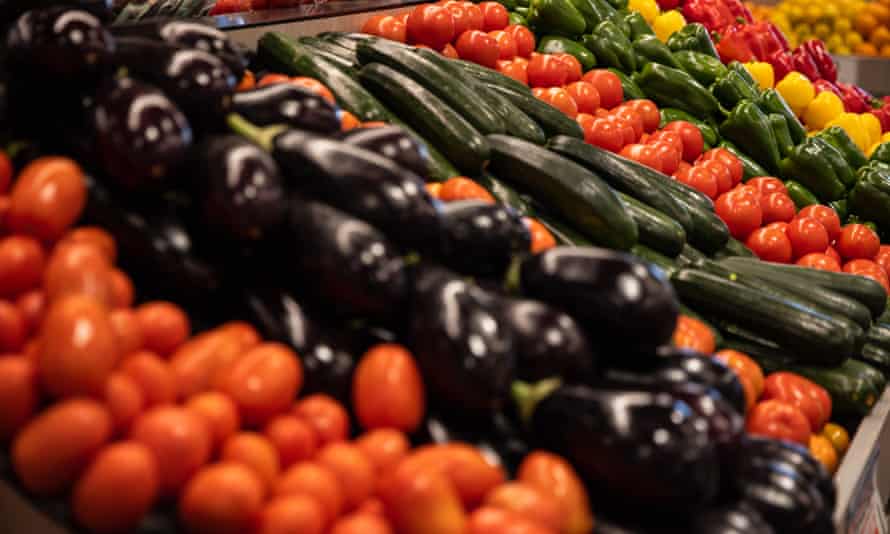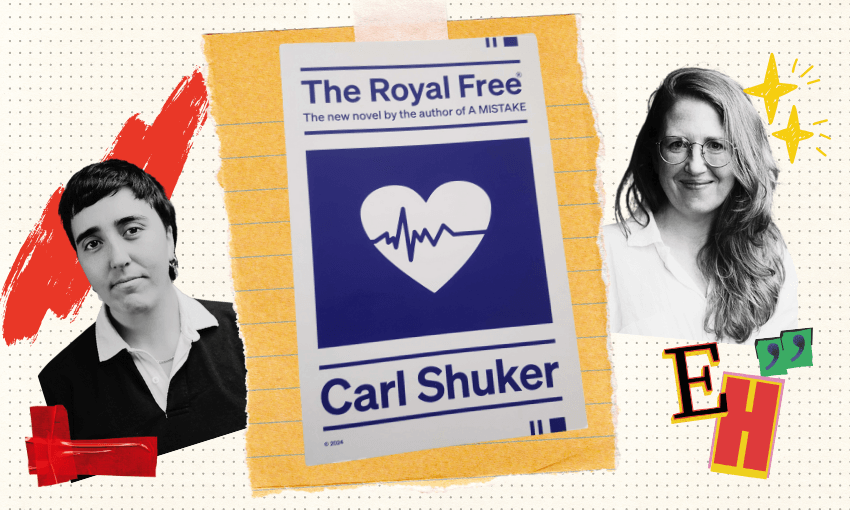Some nights, all Jessemy Evans has to eat is the leftovers on her toddler’s plate. She has stopped buying meat, insulated her windows with plastic to save on heating and cancels activities requiring petrol-use – but despite living frugally, each day is becoming tougher as the high cost of living in New Zealand bites.
“Everything is on the up but income is not going up in the same way – there is a deficit,” Evans said.
The relentless battle to cover housing and food costs is now harming Evans’ mental health. “You’re trying to show up for your baby and play, and be happy, but in the back of your mind, there’s always a niggle of ‘god, what if something breaks?’.”
The sacrifices she makes – particularly in nutrition – also create “a downward spiral” towards further health costs, she adds. “It is on my mind all day, every day: how can we survive like this?”
Households under pressure
Evans is one of a growing number of New Zealanders having to make hard choices as they struggle to make ends meet. Inflation is at its highest in 30 years, with annual food inflation sitting at 6.8%, and at 10% for fruit and vegetables. Ipsos polling in June showed rising living costs have far superseded Covid-19 as the most pressing issue on New Zealanders’ minds.
As a result, people are trying to stretch grocery budgets further, with some going to extraordinary lengths – New Zealand shoppers have ordered groceries from Australia to save money, others have turned to foraging and, more recently, some have reportedly resorted to eating garden snails and using a water spray bottle instead of toilet paper to cut down on costs.
But for others, tightening the purse strings is not an option – they simply do not have the money, and consequently families are going hungry.
A research article published in the Journal of the Royal Society of New Zealand this week recorded the experiences of six sole-parent women suffering food insecurity. The women detailed the daily struggle to feed themselves and their children, despite making sacrifices or budgeting.
“On a bad week, sometimes I won’t eat at all just so there’s enough for the kids,” said one woman, whose identity was kept private.
Each woman reported the stress of not being able to provide nutritious food for their children, of regularly missing meals and experiencing significant hunger so their children could eat and at times of relying on food banks or donations from extended family.
“If it hadn’t have been for those food parcels the kids wouldn’t have eaten for about a week,” one participant said.

Organisations helping people in need are facing an unprecedented demand for food parcels. The Christchurch City Mission reported a 30% increase in the past year, while Auckland City Mission says demand for parcels has tripled over the past three years.
The government’s 2020-21 health survey showed about one in seven (14.9%) children lived in households where food runs out, similar numbers often eat less because of lack of money or food, while 12.2% of children lived in households that use food banks. Children living in the most economically vulnerable areas were at least six times as likely to experience food insecurity.
‘Significant hardship’
The women that researchers spoke to felt that the public was unaware about how dire the situation had become for some families and they themselves wondered how “their struggle could be so enduring, especially given New Zealand’s relative affluence”, the study said.
The paper cited income inadequacy as the underlying root cause of a household’s food insecurity, which was causing “significant and enduring hardship” and which required “coordinated and targeted systemic action”.
“Even if … instead of $60 … I had like $100 a week … we wouldn’t have any problems,” one noted. Another suggested that unhealthy foods should be taxed higher and tax removed from basic essential items.
Evans singled out the cost of childcare as being a major limitation to going back to work. She also hoped that communities could begin to think more collectively – by forestry companies allowing locals to collect scrap wood for their fires, or by neighbours helping one another to build food gardens.
More broadly, the study highlighted food insecurity as a major ongoing public health issue in New Zealand.
Retiree Patricia Kahi, who lives north of Auckland with her recently retired husband, is another New Zealander feeling the strain.
She has developed strict shopping regimes and savings techniques to ensure they can eat and have some left in the kitty for emergencies. The couple raised nine children, but these days, Kahi cannot imagine being able to survive the same situation. “It is hard out there – I see some of my kids struggling – the cost of food is through the roof, rents are through the roof, and petrol too,” she said.
To save money, Kahi makes all her own cleaning products, buys and cooks in bulk, and limits visits to the closest town to once every two weeks to save petrol.
“You’ve got to be frugal … you’ve got to save … because things are not going to get better.”



















Discussion about this post